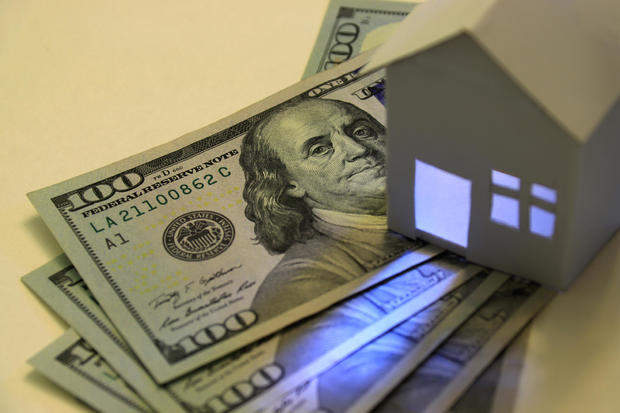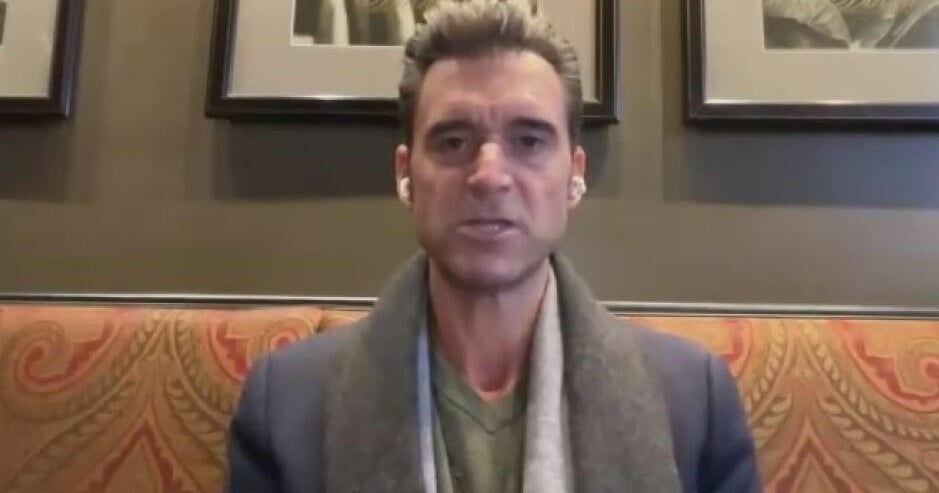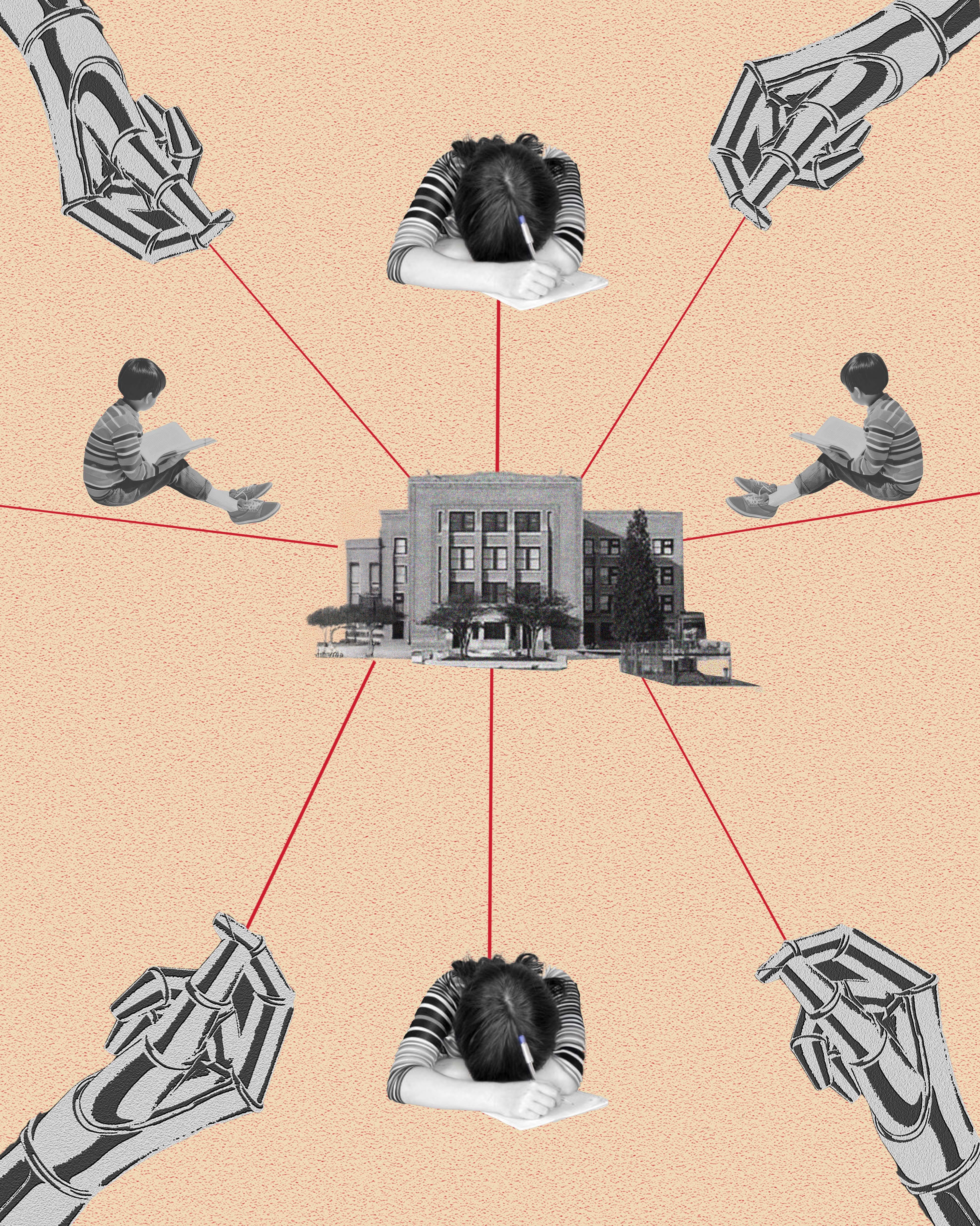How does cash-out home refinancing work?
A cash-out refinance is one way to leverage your home equity. In fact, it can actually turn your equity into cash, which you can then use for virtually any purpose — home repairs, tuition, medical bills, renovations or even to pay off debts.
There's no limit to what the cash can be used for and it's often a good option when the alternative is to accrue more debt.
Are you considering a cash-out refinance? Lenders can help you determine what you qualify for right now.
Here's what you need to know about the cash-out refinance process and when it might (or might not) be a smart move.
What is a cash-out refinance and how does it work?
A cash-out refinance is a type of mortgage loan that allows you to get cash back at closing. The process works by replacing your current mortgage with a larger one, then using those funds to pay off your existing loan. You get the excess amount — the difference between your new loan balance and your old one — back in cash.
Once you've closed on a cash-out refinance, it fully replaces your existing mortgage loan. You'll pay it back monthly, plus interest, until the loan is paid off.
Pros and cons of cash-out refinancing
Cash-out refinancing has many advantages. You can use the funds for anything, and there are also tax benefits (you can deduct the interest you pay from your taxable income).
You'll usually get a lower interest rate than you would on other financing products, like credit cards or personal loans, too. A credit card can easily come with double-digit APRs. Mortgage rates, on the other hand, have averaged between 2% and 6% over the last 10 years. That means if you need cash, a refinance is often a more affordable choice than charging to a credit card.
If this sounds like something you may be interested in you can start the refi process today.
The downside is that refinancing replaces your existing loan, which may or may not work in your favor. It could mean a higher interest rate or monthly payment than your current loan, or it could extend your term, which might result in more long-term interest costs.
There are also closing costs to consider (Freddie Mac estimates these run around $5,000 per refinance), and you could overextend yourself. If you're unable to make your new, higher payment, it might put you at risk of foreclosure.
Cash-out refinancing alternatives
A cash-out refinance isn't the only way to access your home equity. There are other products you can use to turn equity into cash, too. These include:
- Home equity loans: Home equity loans are a type of second mortgage. They let you borrow a portion of your home equity and repay it back over time (plus interest). They come with a monthly payment (in addition to your existing mortgage payment) and give you a lump sum of cash at closing.
- HELOCs: HELOCs, or Home Equity Lines of Credit, are similar to home equity loans, except you can withdraw from them over time (much like a credit card). For the initial 10 years of the loan — called the draw period — you'll usually only make interest payments. Once that time is up, you'll make monthly payments, plus interest, until your balance is paid off.
- Reverse mortgages: For some homeowners (those 62 and older) a reverse mortgage may be the best alternative to cash-out refinancing. This option allows owners who have paid off their mortgage completely (or paid off most of it) to tap into the equity they have in their home. The amount of money they take out is considered tax-free income. That cash can then be used to pay down debts, for medical bills or for any other purpose. But it does need to be repaid should the homeowner pass away or the house is sold. If you think you could benefit from a reverse mortgage then reach out to a mortgage expert today who can help guide you.
Selling your house is another way to cash in on your equity. If you're considering this route, you can ask a real estate agent for a Comparative Market Analysis (CMA), which can give you an idea of what your home might sell for in the current market.
Ultimately (and especially if you want to keep your home) refinancing may be your best option.




